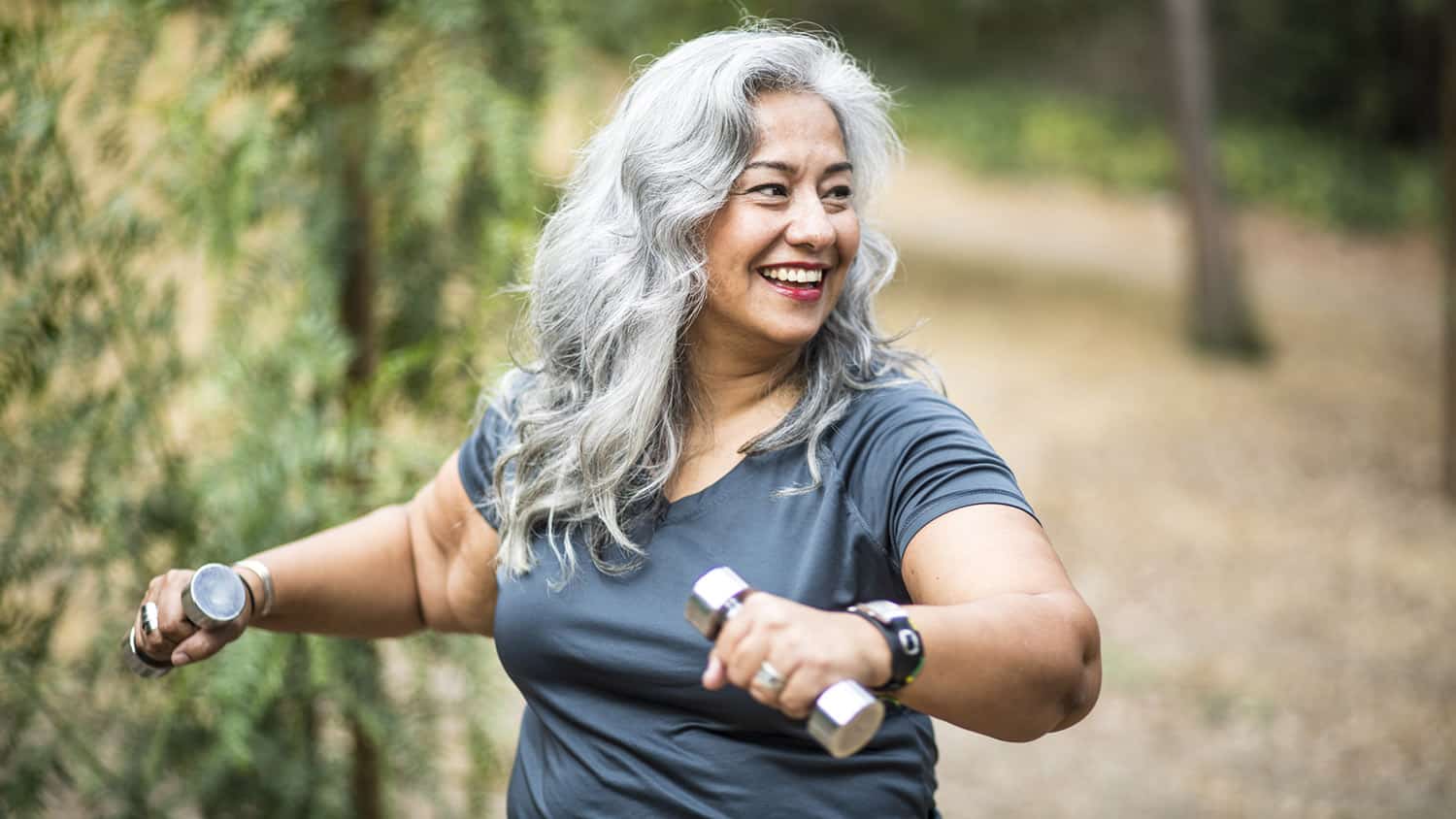Women seem far ahead of men in understanding the detriments of ‘body shaming.’ At least we, as a culture, have come to realize that the Barbie doll resembles reality in very few ways.
Teaching our daughters and granddaughters, or any young woman, to be proud of her body and confident in her brain is now common. This society-shift is one we should be gratified by – and continue to preach. Score one for progress.
All that said, and recognizing the need for further promotion, many women – young, middle age and older – remain conscious about good looks. It makes us feel better. While a healthy body is the best goal we should strive for, we might notice that there is overlap.
Some societies love heavy women. Though the USA isn’t typically one, we have groups that still greatly appreciate the look of a large rear. Others admire a backside that fits into size two slim-legged jeans.
It’s a secondary concern whether we win or lose ‘body confidence’ by falling into, or out of, our cultural norm. What’s most important is proper and fit function.
Here’s a surprising example that explains why all movements are not equal. Balloon Butt, usually intended as a pejorative term, may actually be healthy and fine. However, if it is actually Stairmaster butt, a term coined by – or at least accredited to – The Washington Post, we have a different situation.
Despite all the suggested online workouts and gym promotions to the contrary, it is not necessarily healthy and fine. While the phenomenon of Stairmaster butt is noted in both men and women, apparently women complain of it more often.
You realize you are getting older, and you want to stay in shape. You know stairs are beneficial for you as climbing them (indoors or out) is an incredibly good cardiovascular activity. So going to the gym to use a relatively safe stair step machine must be a terrific plan. Buying one for home-use perhaps even better?
Thus, that is what you do. You put in the time. Then you become aware that despite regular workouts on the machine – or other similar equipment– you notice a ‘ballooning’ of your backside. For your time and effort, you expected better fitting pants, but you feel the opposite is happening.
Why? Age? No.
Structural imbalance is practically guaranteed when we try to isolate and only work on certain muscles. I may be picking on the Stairmaster today to explain the concept, but it’s a general problem with other single-use or limited motion machines as well.
Limited motion can be understood as one with restricted motion, devoid of the slight muscle adjustments made with daily activities, such as when we are walking on irregular or uneven ground.
We may feel good and accomplished after machine stepping, but it doesn’t provide the same degree of well-rounded toning.
Additionally, muscles that compensate for movements are often our strongest. With certain machines, we end up working the helper, compensating, muscles instead of the prime movers.
It’s not conscious. Still, it’s not balanced. Unfortunately, limited, repetitive, constrained motion is built into certain of these machine workouts.
At some settings, the stair-step machines strengthen the peripheral muscles that are used to rotate our hips, while the other – prime – movers, such as the hamstrings, gluteal muscles and quadriceps are almost ignored.
The peripheral muscles then bulk up with our dedicated commitments of time. Ultimately, they end up pushing the poor-toned gluteal muscles outward. Voilà, no slim jeans.
Instead, we see the ballooning effect. For older people, who may have poorer tone, the compensating muscle issue can be even more complicating.
It isn’t just a matter of beauty and looks. It’s a matter of dysfunction – and possibly, later pain. And it is not just the stair-step activity.
Abdominal – or ab machines – work mostly by conditioning muscles in flexion (forward) and nothing in extension (backward). Then we wonder why the advice to ease our back pain by strengthening our abs (which usually do need it) didn’t fully work, or at least not for the long run.
Muscles don’t perform their function in isolation. Anything we do to strengthen our muscles, or to develop and keep good functional balance, should consider compensating and prime movers, as well as counteractions or reverse movements.
Do some research or ask a trainer if you need help considering what you should do to compliment any of your machine-based workouts.
Best of all, one easy way to accomplish this is to participate in different activities. Just as no one program provides all the benefits of improved flexibility or aerobic conditioning we need, neither do limited motion workouts provide functional balance of muscles.
Variety is key. The more we have variety in activity or movement, the greater number of muscle groups are engaged.
I fear that body shaming truly has a sexist history aimed at women, while many men escape such criticism or self-blame. It’s important to keep that in mind while we talk about the body and our looks.
Keeping our bodies healthy and well-balanced is vital. However, if that comes with an added advantage of some good looks – well, that’s gravy.
What exercises do you enjoy doing? What other things are you doing to keep your body well-balanced and healthy in your 60s? Please use the comments below to share any tips you have found useful.
